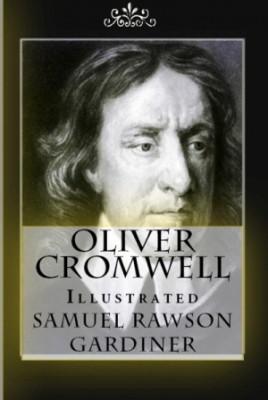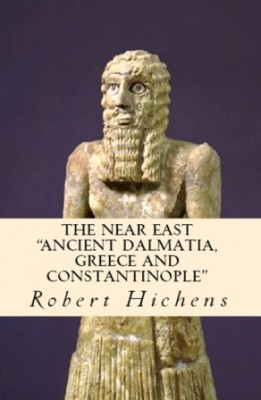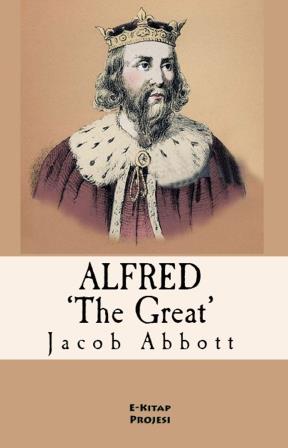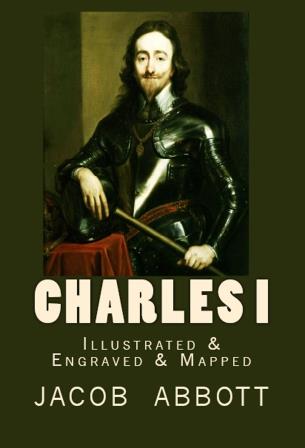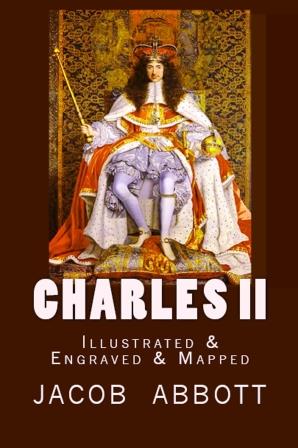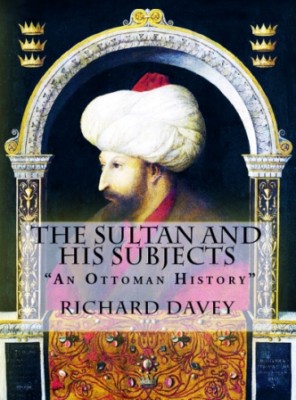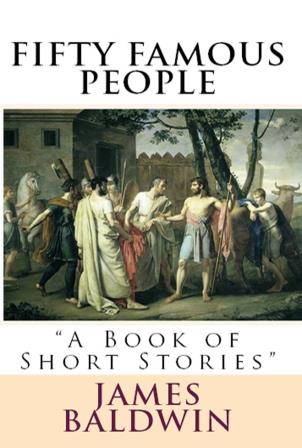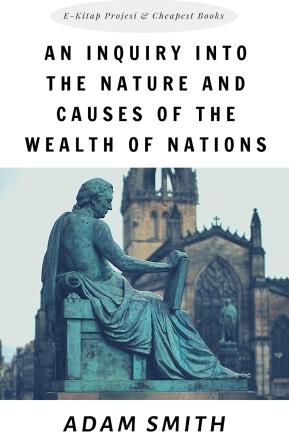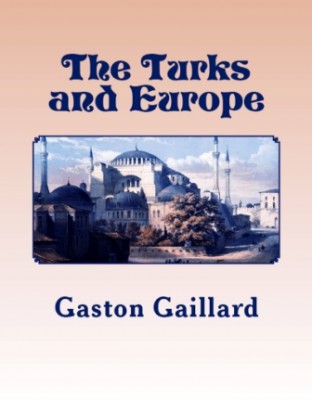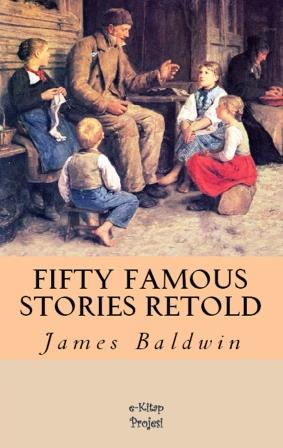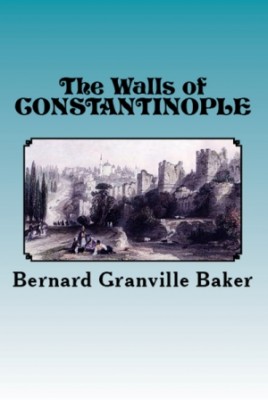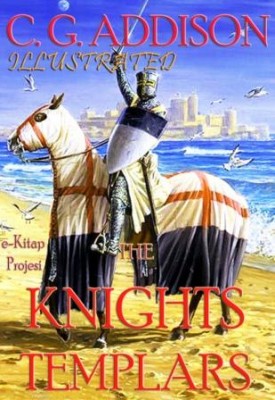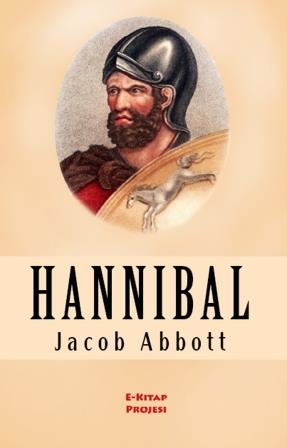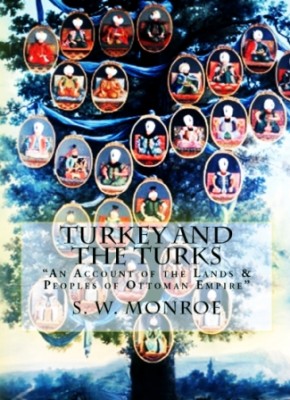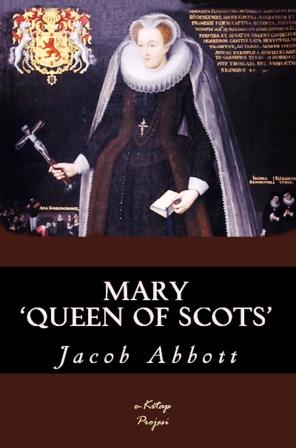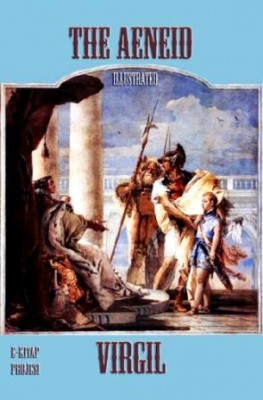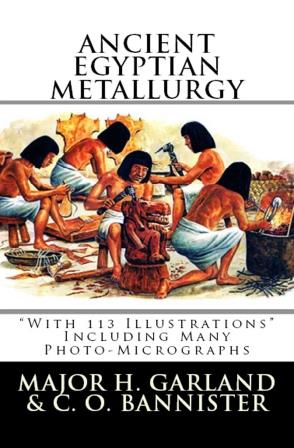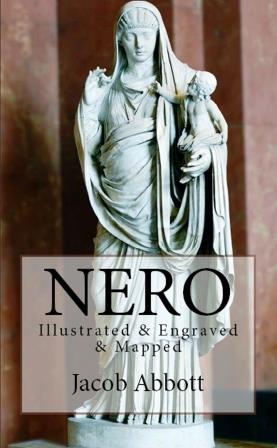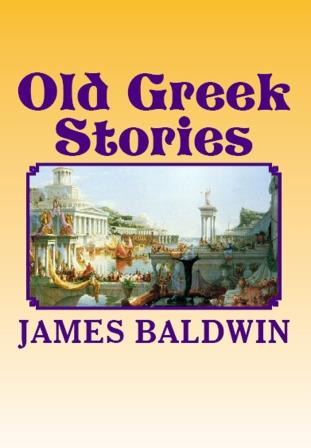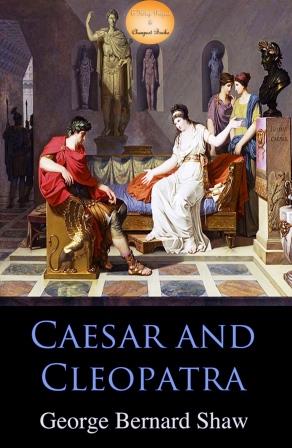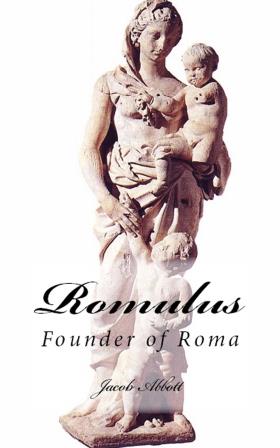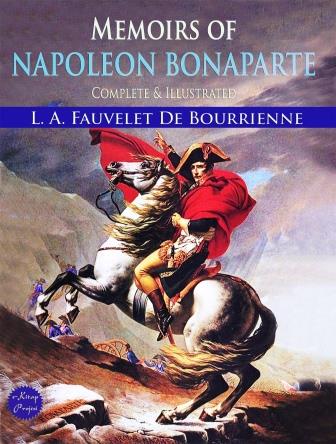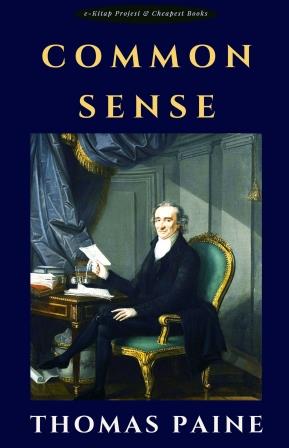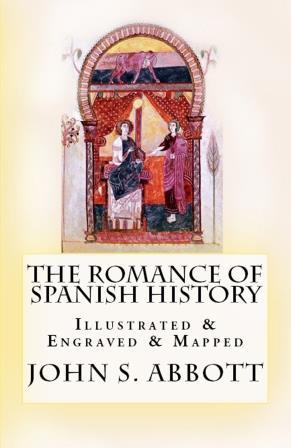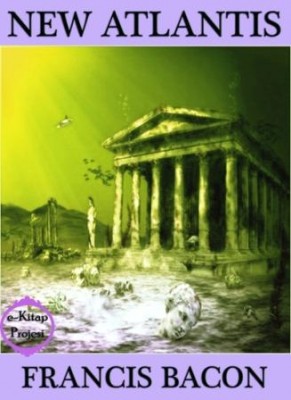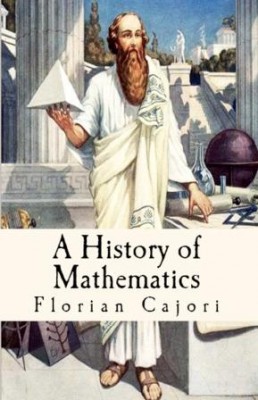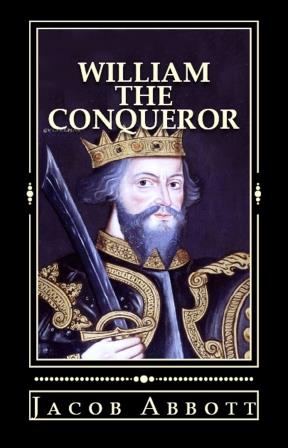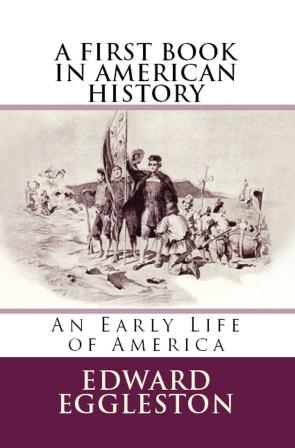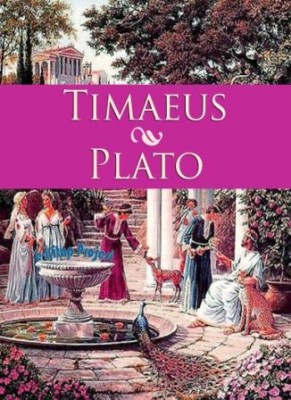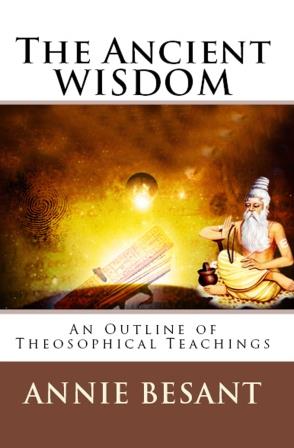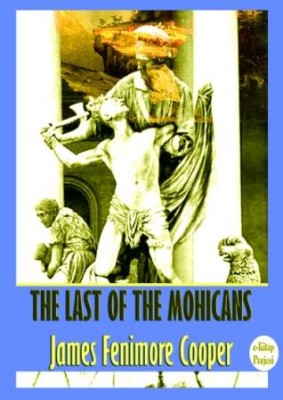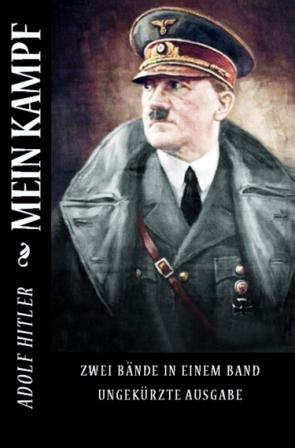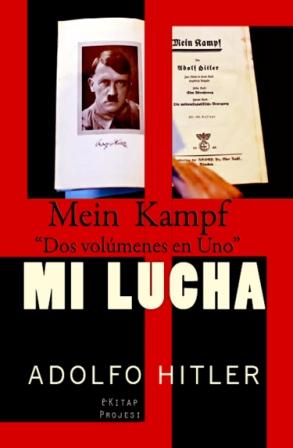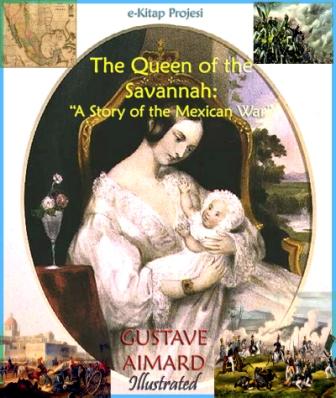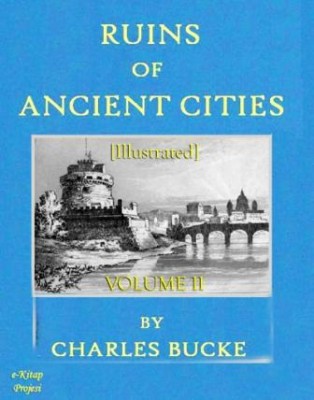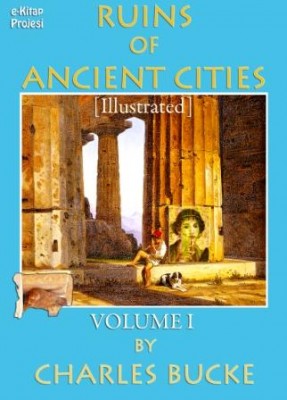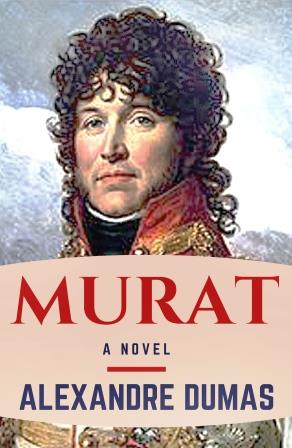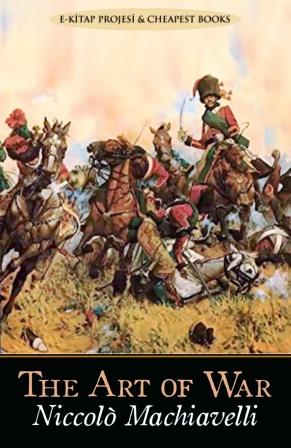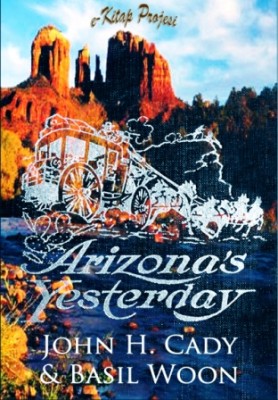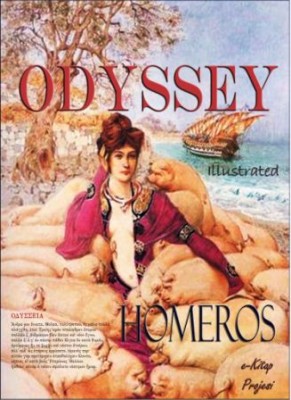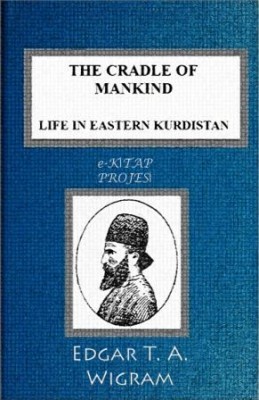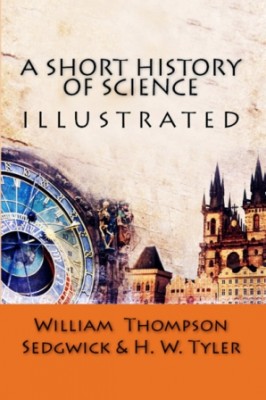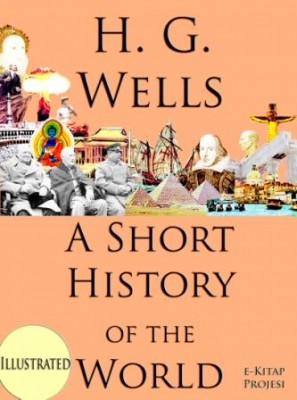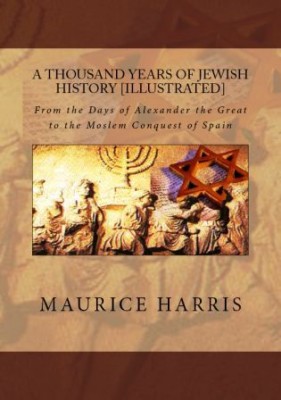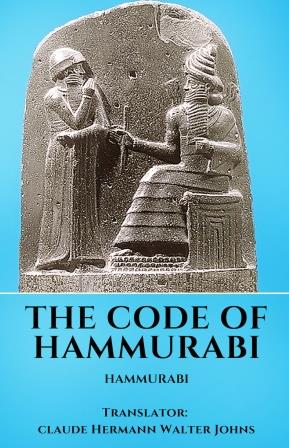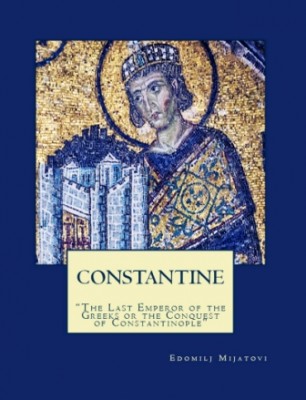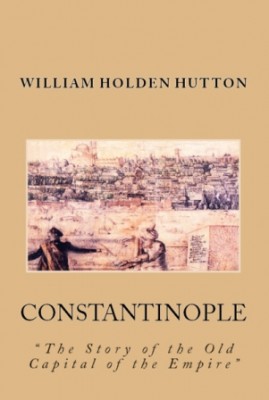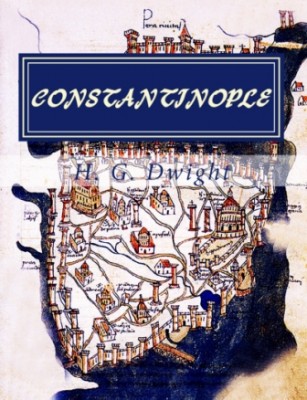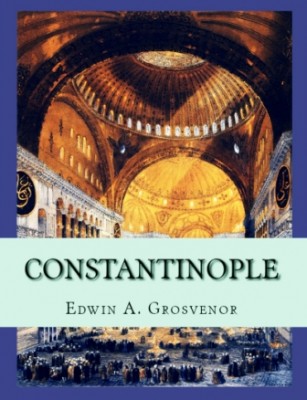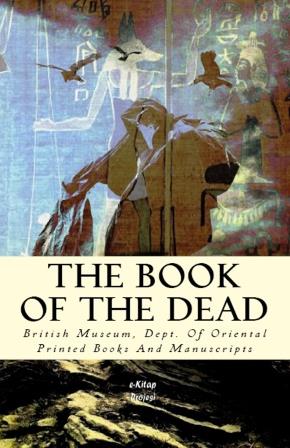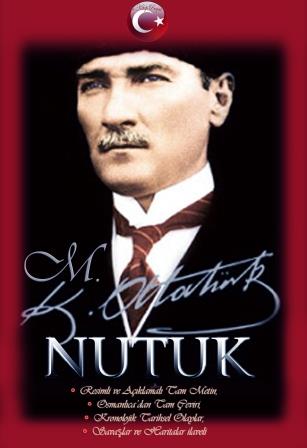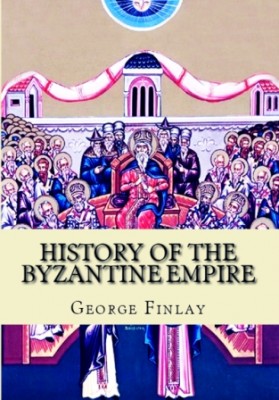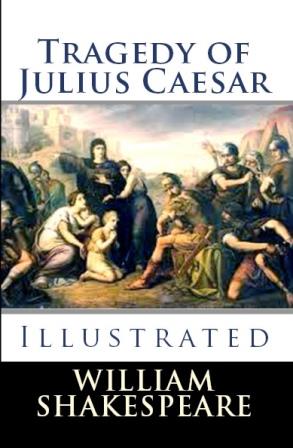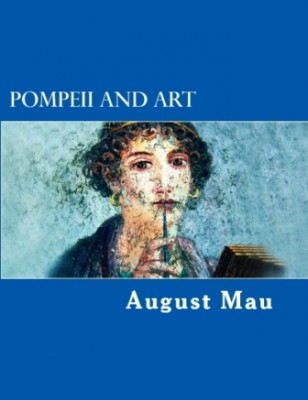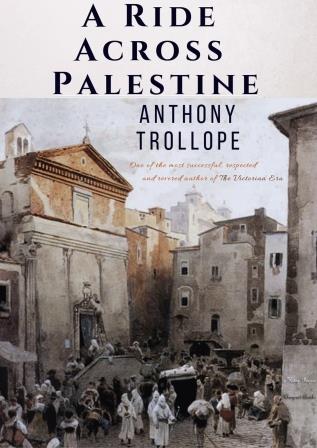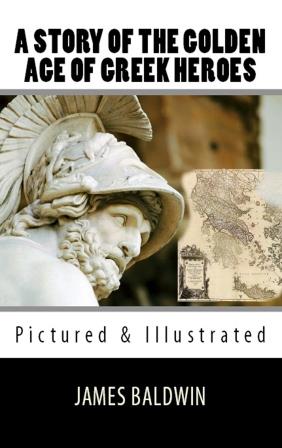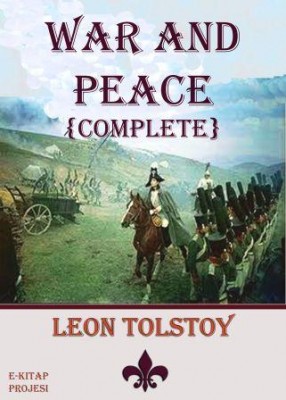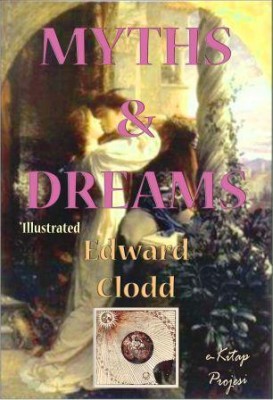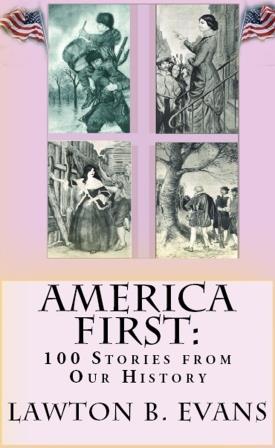Oliver Cromwell (1599 – 1658) was an English military and political leader and later Lord Protector of the Commonwealth of England, Scotland and Ireland. Born into the middle gentry, Cromwell was relatively obscure for the first 40 years of his life. After undergoing a religious conversion in the 1630s, he became an independent puritan, taking a generally tolerant view towards the many Protestant sects of his period. An intensely religious man—a self-styled Puritan Moses—he fervently believed that God was guiding his victories. He was elected Member of Parliament for Huntingdon in 1628 and for Cambridge in the Short (1640) and Long (1640–49) Parliaments. He entered the English Civil War on the side of the "Roundheads" or Parliamentarians. Nicknamed "Old Ironsides", he was quickly promoted from leading a single cavalry troop to become one of the principal commanders of the New Model Army, playing an important role in the defeat of the royalist forces. Cromwell was one of the signatories of King Charles I's death warrant in 1649, and, as a member of the Rump Parliament (1649–53), he dominated the short-lived Commonwealth of England. He was selected to take command of the English campaign in Ireland in 1649–50. Cromwell's forces defeated the Confederate and Royalist coalition in Ireland and occupied the country – bringing to an end the Irish Confederate Wars. During this period a series of Penal Laws were passed against Roman Catholics (a significant minority in England and Scotland but the vast majority in Ireland), and a substantial amount of their land was confiscated. Cromwell also led a campaign against the Scottish army between 1650 and 1651.
***
"I was," said Cromwell in one of his later speeches, "by birth a gentleman, living neither in any considerable height nor yet in obscurity. I have been called to several employments in the nation, and—not to be overtedious—I did endeavour to discharge the duty of an honest man in those services to God and His people's interest, and to the Commonwealth." The open secret of Cromwell's public life is set forth in these words:—his aim being: first, to be himself an honest man; secondly, to serve God and the people of God; and thirdly, to fulfil his duty to the Commonwealth. In this order, and in no other, did his obligations to his fellow-creatures present themselves to his eyes. For the work before him it could not be otherwise than helpful that his position in life brought him into contact with all classes of society.
What powers and capacities this infant—or indeed any other infant—may have derived from this or the other ancestor, is a mystery too deep for human knowledge; but at least it may be noted that the descent of the Cromwells from Sir Richard Williams, the nephew of Thomas Cromwell, the despotic Minister of Henry VIII., brought into the family a Welsh strain which may have shown itself in the fervid idealism lighting up the stern practical sense of the warrior and statesman.
Of Oliver's father little is known; but his portrait testifies that he was a man of sober Puritanism, not much given to any form of spiritual enthusiasm—very unlike his elder brother, Sir Oliver, who had inherited not only the estate, but the splendid ways of his father, Sir Henry Cromwell—the Golden Knight—and who, after running through his property, was compelled to sell his land and to retire into a more obscure position. As the little Oliver grew up, he had before his eyes the types of the future Cavalier and Roundhead in his own family. So far as parental influence could decide the question, there could be no doubt on which side the young Oliver would take his stand. His education was carried on in the free school of the town, under Dr. Beard, the author of The Theatre of God's Judgments Displayed, in which a belief in the constant intervention of Providence in the punishment of offenders was set forth by numerous examples of the calamities of the wicked. Though Oliver afterwards learned to modify the crudeness of this teaching, the doctrine that success or failure was an indication of Divine favour or disfavour never left him, and he was able, in the days of his greatness, to point unhesitatingly to the results of Naseby and Worcester as evidence that God Himself approved of the victorious cause.
